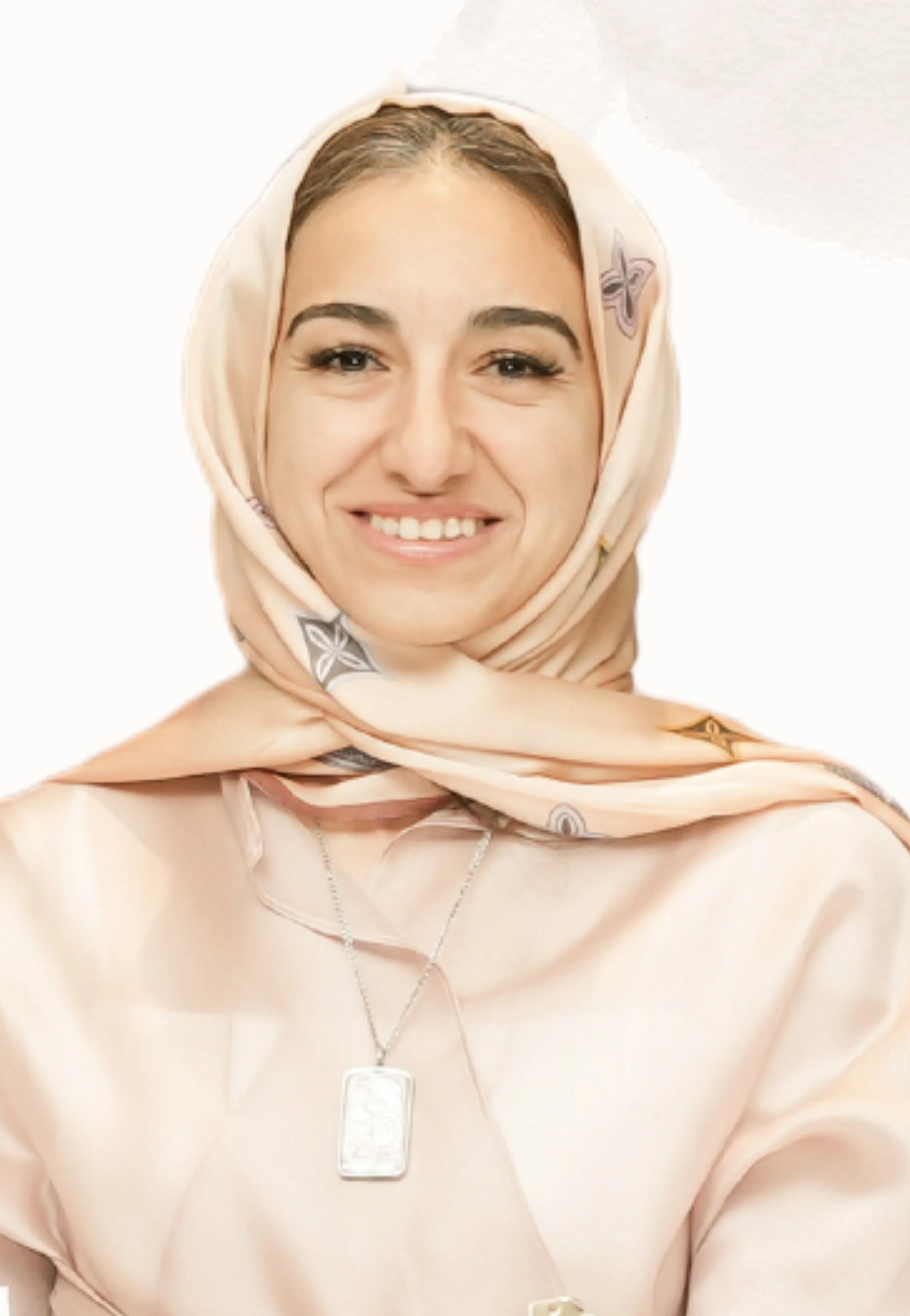Monthly Sustainability Insights
October 2025 - Sustainable Fashion & Ethical Supply Chains
-
![Sara Hegazy]()
Sara Hegazy
Holistic Neuro-Psychotherapist, Consciousness-Entrepreneurship Mentor, Founder/CEO of Healenna, I Heal Holistic Hub (Cairo & Dubai), and Soulhouette, UAE
“Fashion today sits at the intersection of culture, commerce, and climate, and its future depends on systems that are regenerative, equitable, and economically viable. Scaling bio-based and circular materials requires innovation, supply chain redesign, coalition-building, and consumer engagement, while transparency must combine technology, governance, and human-centered storytelling. In the Middle East, rapid growth in luxury and fast fashion can align with sustainability through heritage-informed design, desert-smart materials, circular retail models, and public-private collaboration. True transformation arises when communities, consumers, brands, and governments work together to make sustainable fashion accessible, culturally relevant, and aspirational.”
-
![Claudio Azzolini]()
Claudio Azzolini
Founder and Organizer Torino Fashion Week, Italy
“Scaling bio-based and circular materials globally requires innovation, collaboration across brands and suppliers, and supportive government policies such as tax incentives and sustainable procurement. Digital tools like blockchain and RFID enable supply chain traceability, while transparency through reporting, certifications, and consumer engagement builds trust and competitive advantage. In the Middle East, rapid growth in luxury and fast fashion can integrate sustainability via ethical materials, circular models, and partnerships with designers and green startups. Governments can accelerate this shift with incentives, incubators, educational programs, and public campaigns to foster conscious consumption and community engagement.”
-
![Rasha AbuShamaa]()
Rasha AbuShamaa
Strategic Content Leader, UAE
“The Middle East’s fashion sector is experiencing rapid growth, with luxury and fast fashion driving economic expansion, yet sustainability is increasingly critical. Governments in the UAE and Saudi Arabia are leading initiatives like Vision 2030, sustainability-themed events, and eco-focused funding to support circular models, local production, and climate-resilient materials. Secondhand markets and startups, including The Luxury Closet and Thrift for Good, are reshaping consumer behavior, but need capital, mentorship, and enabling policies to scale. By combining policy, incentives, cultural storytelling, and innovation, the region can balance growth with sustainability, making ethical, transparent, and circular fashion both aspirational and economically viable.”



